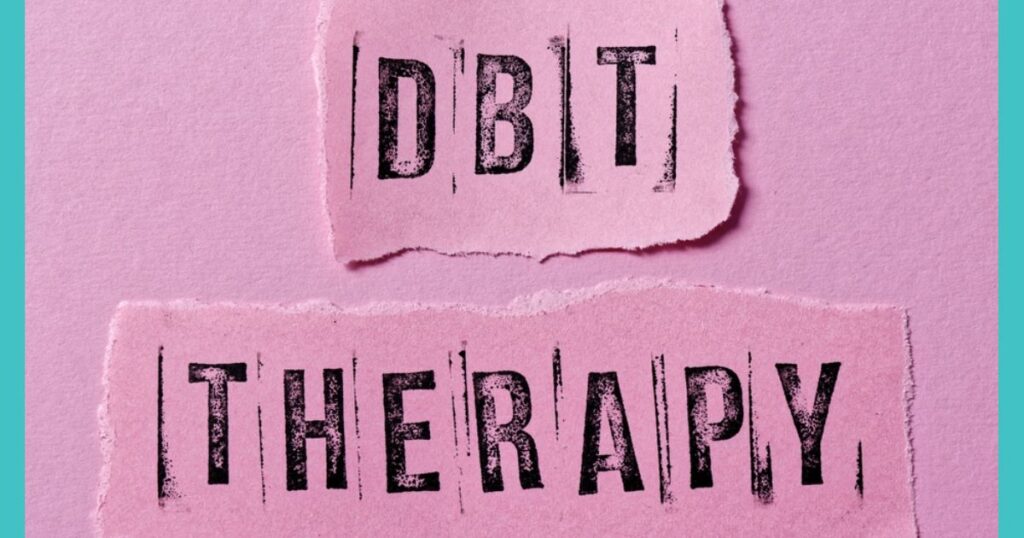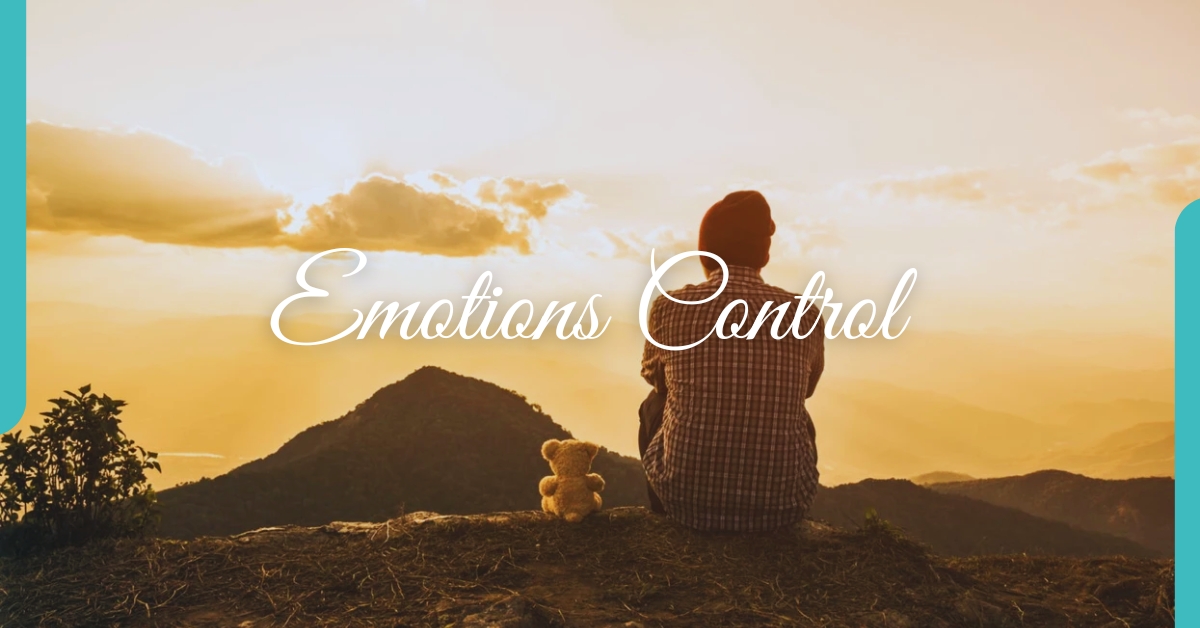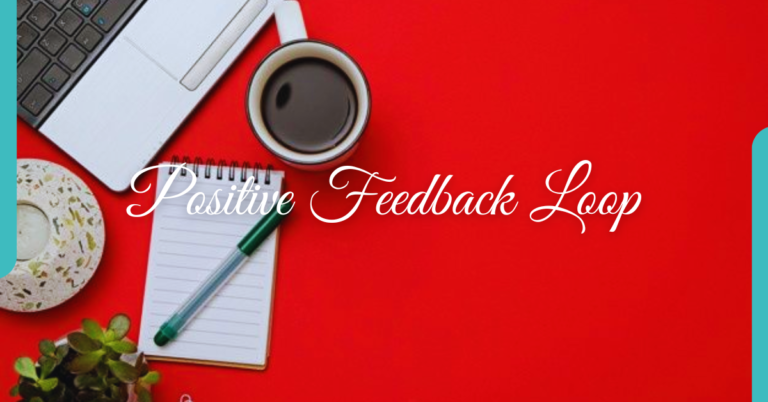Control Your Emotions – 10 Useful Steps for Making Better Decisions
By learning to control your emotions effectively, you can transform decision-making from a reactive process into one that aligns with your true values and long-term goals. These ten useful steps are designed to help you tackle emotional intelligence, equipping you with tools that empower better decision-making.
Emotions are like a double-edged sword; they can inspire us to reach new heights or plunge us into confusion. The ability to control your emotions is not just a desirable skill, it’s essential for navigating the complexities of everyday life. Whether you’re facing a critical decision at work.
Managing personal relationships, or simply trying to maintain your composure in high-pressure situations, understanding and regulating your emotions can lead to more thoughtful choices and enhanced well-being.
Imagine standing at a crossroads, one path brightened by rational thought, the other covered in emotional agitation. Which way will you choose? To navigate this intricate landscape of feelings and choices, mastering the ability to control your emotions is essential for personal growth and achieving clarity in decision-making.
What are Emotional Control and Regulation?
Mastering the art of emotional control and regulation is not just a luxury, it’s a necessity. Whether you’re facing daily stressors at work, conflicts in relationships, or personal challenges that threaten to overwhelm you, developing strategies for emotional regulation can empower you to guide your ship confidently through any sea.

Emotional control involves recognizing and managing one’s feelings in a way that allows for thoughtful responses rather than impulsive reactions. It’s about harnessing your emotions rather than being swept away by them.
These practical strategies that anyone can implement to gain mastery over their feelings and learn how to control your emotions effectively. These techniques not only enhance personal well-being but also encourage healthier relationships and improved decision-making skills.
Why is Emotional Regulation Important?
The ability to control your emotions isn’t just about suppressing feelings, it’s about understanding them deeply and navigating through life’s challenges with grace. It’s a vital skill for navigating life’s ups and downs. From the thrill of unexpected successes to the crushing weight of disappointments, influence our relationships, and even shape our overall well-being.
Many people find themselves overwhelmed by their emotions, reacting impulsively instead of responding thoughtfully. This disconnect can lead to misunderstandings in personal connections and increased stress in professional settings.
Transforming potential conflicts into opportunities for understanding and collaboration. The significance of emotional regulation while offering practical strategies that can help you regain control over your feelings. You can take charge of your emotions and drive toward a brighter horizon!
Why Can’t I Control My Own Emotions?
Emotional regulation is an essential skill that can enhance your relationships, decision-making abilities, and overall mental well-being. It’s difficult to control your emotions is the first step toward mastering them. These practical strategies for emotional regulation empower you to tackle your feelings rather than being ruled by them.

Understanding why we react the way we do is essential for anyone looking to regain that sense of emotional agency. This journey toward mastering self-control and reclaiming command over our emotional landscape because when it comes to feeling good about ourselves and interacting positively with others, knowing how to control your emotions can make all the difference.
Emotional empowerment as we unveil techniques that will help you reclaim your inner calm and truly learn how to control your emotions. The ability to control your emotions is often touted as a hallmark of emotional maturity, many people struggle to master this elusive skill.
What is Emotional Regulation Disorder?
Understanding emotional regulation disorder is essential for anyone seeking to tackle their emotions constructively rather than being at their mercy. This disorder entails exploring its symptoms and causes while offering practical strategies for emotional regulation.
By mastering these techniques, individuals can learn to manage their responses and enhance their overall well-being. Controlling one’s emotions is not about repressing them; it’s about transforming one’s relationship with them.
Empowering you to respond thoughtfully rather than react impulsively in life’s most challenging moments. Enter emotional regulation disorder, a condition that complicates our efforts to maintain emotional balance, leaving many feeling as though they are riding a rollercoaster of intense feelings.
What is DBT?
Enter Dialectical Behavior Therapy (DBT), a transformative approach that equips individuals with powerful strategies for emotional regulation. Whether you are not struggling with overwhelming feelings or simply seeking ways to enhance your emotional resilience, understanding DBT could be your guiding light.

DBT offers practical tools designed to help you control your emotions, encourage healthier relationships, and improve overall well-being. By blending mindfulness techniques with mental-behavioral principles, this therapy empowers you to embrace your feelings without being dominated by them.
These are the foundational concepts of DBT and delve into effective strategies that can help you regain control over your emotional landscape. Prepare to embark on a journey toward emotional balance one skill at a time!
Inspirational Quotes on Emotional Regulation
There are some inspirational quotes on controlling your emotions. The capacity to control and understand your emotions to make decisions that are consistent with your basic self-care routine and ideals is known as emotional intellect.

- “But feelings can’t be ignored, no matter how unjust or ungrateful they seem.”
–Anne Frank- “I don’t want to be at the mercy of my emotions. I want to use them, to enjoy them, and to dominate them.”
–Oscar Wilde- “Those that will not hear must be made to feel.”
–German proverb- “One ought to hold on to one’s heart; for if one lets it go, one soon loses control of the head too.”
–Friedrich Nietzsche- “Empathy does not equal agreement.”
–Chris Voss- “Care for your psyche…know thyself, for once we know ourselves, we may learn how to care for ourselves.”
–Socrates- “Education is the ability to listen to almost anything without losing your temper or your self-confidence.”
–Robert Frost- “Happiness depends upon ourselves.”
–Aristotle- “He only profits from praise who values criticism.”
–Heinrich Heine- “He that loves to be flattered is worthy of the flatterer.”
–William Shakespeare- “Treat your men as you would your beloved sons. And they will follow you into the deepest valley.” –Sun Tzu
Strategies for Emotional Regulation
These practical strategies for emotional regulation empower you to take charge of your feelings rather than letting them dictate your actions. From mindfulness practices that ground you in the present moment to cognitive techniques that reshape negative thought patterns, these tools can transform how you respond to stressors and conflicts.
- Take a Look at the Impact of Your Emotions
- Aim for Regulation, not Repression.
- Identify What You’re Feeling
- Accept Your Emotions — all of Them
- Take a Deep Breath
- Keep a Mood Journal
- Know When to Express Yourself
- Give Yourself Some Space
- Stay on Top of Stress
- Seek Support and Professional Help
Take a Look at the Impact of Your Emotions
Strategies for emotional regulation become essential tools in this journey toward self-mastery. Mindfulness practices, such as meditation and deep breathing exercises, allow us to focus on the present rather than be swept away by anxiety or anger.
Journaling is another powerful strategy, articulating your thoughts on paper helps untangle complex emotions while offering new perspectives that may have gone unnoticed initially. By consciously choosing how to respond to emotional situations.
These experiences transform challenges into opportunities for meaningful growth and connection. Acknowledging basic worthiness in every emotion cultivates resilience and empowers healthier interactions with ourselves and others.
Aim for Regulation, not Repression.
Regulating emotions involves a proactive approach, it’s about learning how to respond rather than react impulsively. Rather than stifling your feelings under layers of general expectations or personal fears.
Embrace techniques such as mindfulness and mental reframing that help you explore what lies beneath the surface. This process encourages resilience, allowing you to navigate life’s challenges with clarity and purpose.
You not only reclaim control over your emotional responses but also cultivate deeper connections with others who appreciate authenticity over aspects. Emotions are not just fleeting experiences; they are valuable signals about our needs and desires that deserve acknowledgment and reflection.
Identify What You’re Feeling
Identifying your feelings is the first crucial step in controlling your emotions. We experience a cocktail of feelings of anxiety that might be pretense as frustration, while sadness can be veiled behind anger. Techniques such as deep breathing or visualization exercises create space between emotion and action, providing an anchor during turbulent times.
By taking a moment to pause and pinpoint these emotions, we empower ourselves with knowledge about our internal landscape. This awareness encourages clarity, instead of reacting impulsively to surface emotions, we can address the root causes and approach situations more thoughtfully.
Controlling your emotions doesn’t mean suppressing them; it’s about understanding their role and allowing yourself to feel without losing control a nuanced balance that leads not just to emotional resilience but also deeper self-awareness and personal growth.
Accept Your Emotions — all of Them
Accepting your emotions is the first step toward mastering them. We find ourselves in a tug-of-war with feelings like sadness, anger, or even joy and we either suppress them or let them take over. True emotional control begins with recognition and acceptance.
When you allow your emotions to go within you without judgment, you create space for understanding their root causes. This shift transforms our emotional landscape into a place conducive to growth and resilience.
Embracing the full spectrum of your emotional experience allows for more nuanced responses thereby enhancing both personal relationships and decision-making skills. Controlling your emotions becomes less about self-control and more about navigating the complexities of life with clarity and intention.
Take a Deep Breath
Taking a deep breath becomes a powerful support in this journey. It serves as a momentary pause that creates space between your emotional reactions and conscious responses. By focusing on your breath, you engage both your body and mind in calming harmony.
This simple act empowers you, instead of being swept away by overwhelming feelings, you can respond thoughtfully rather than react impulsively, an essential skill in effectively controlling your emotions.
Controlling your emotions doesn’t mean denying them, it’s about transforming how they influence your decisions and interactions with others, leading to more fulfilling relationships and a richer experience of life itself.
Keep a Mood Journal
Keeping a mood journal is an invaluable tool in this journey. This practice allows you to track patterns in your emotional landscape, revealing connections between your feelings and external circumstances or thoughts.
As you document these movements, you will gain perspective on what triggers positive or negative moods. Through controlling your emotions, you become less about denial and more about informed choice understanding when to lean to support yourself against negativity.
Emotions are not merely reactions; they are signposts guiding us through the complex landscape of our lives. By recognizing their value, we provide ourselves with the insight needed to navigate challenges with resilience and clarity.
Know When to Express Yourself
Understanding when to express yourself can have a profound impact on your emotional well-being. Sharing your thoughts in a heated moment can lead to misunderstandings and arguments that could have been avoided with some control.
Bottling up emotions indefinitely is equally detrimental, it may create unhealthy stress or manifest in passive-aggressive behavior later. This isn’t about suppressing feelings but rather selecting the right time to articulate them constructively.
By sharpening this skill, you encourage healthier communication dynamics and relationships built on mutual respect all while maintaining authenticity in how you present yourself to others.
Give Yourself Some Space
Creating emotional space is essential for mastering your feelings, allowing you to observe rather than react. When overwhelming emotions strike, take a step back literally and figuratively. This doesn’t mean avoiding your feelings but instead giving them room to breathe.
By engaging in mindfulness practices or even brief moments of solitude, you empower yourself to assess the situation with clarity. It’s often in that quiet pause where true understanding flourishes.
Granting yourself this space shifts the focus from reactionary impulses to thoughtful responses, an empowering transition that enhances overall emotional intelligence and resilience.
Stay on Top of Stress
Practices such as mindfulness meditation or journaling can be instrumental in this journey. By slowing down and reflecting on our emotions, we unearth their root causes and diminish their hold over us.
Employing techniques like emotional reframing helps alter negative thought patterns into constructive ones replacing “I can’t handle this” with “I’m learning how to manage my challenges.”
These strategies transform emotional turbulence into opportunities for growth, effectively turning potential derailments into stepping stones for personal development and resilience. This shift from reactivity to mindful response creates a profound effect on managing stress.
Seek Support and Professional Help
Professional help provides tools tailored to your unique emotional journey, equipping you with strategies that promote healthier coping mechanisms. Techniques like cognitive-behavioral therapy (CBT) can reshape how you perceive emotions and reactions, allowing for a more balanced approach.
Connecting with others who are also on the path to mastering their emotions creates a sense of community that validates personal struggles while providing ongoing encouragement reminding you that you’re not alone in facing your challenges.
Embracing these resources is not just an option, it’s a powerful step toward mastering the art of emotional control. The act of vocalizing what you feel can mine hidden patterns in your emotional responses, encouraging deeper understanding and encouraging resilience.
Conclusion
Mastering the art of emotional control is essential for making informed and rational decisions. By implementing these ten useful steps, you can cultivate a mindset that prioritizes clarity over impulsivity, enabling you to navigate even the most challenging situations with confidence.
Remember that self-awareness, mindfulness, and effective communication play pivotal roles in your decision-making process. As you practice these techniques, you will enhance your personal and professional relationships and encourage a greater sense of overall well-being.
Take charge of your emotions today and unlock the potential for better decision–making in all areas of your life. Take charge of your emotions today and start making better decisions for a brighter tomorrow!
FAQs
How do you Control Your Emotions?
Controlling your emotions often starts with self-awareness; recognizing what triggers certain feelings can help you manage them more effectively and allow you to respond rather than react impulsively.
Why is it Important to Manage Your Emotions?
Managing your emotions is crucial because it enables you to respond thoughtfully rather than react impulsively, leading to better decision-making and healthier relationships.
How to Control Emotions in Love?
Engaging in mindfulness practices, such as meditation or journaling, can create a space for reflection and help you process your emotions more effectively. This awareness can help you respond rather than react impulsively.
What is the Meaning of Emotion Control?
Emotion control refers to the ability to manage and regulate one’s emotional responses in various situations, allowing individuals to respond appropriately rather than react impulsively and employing strategies to maintain emotional balance.
How to be Strong Emotionally?
To be strong emotionally, cultivate self-awareness by regularly reflecting on your thoughts and feelings, which helps you understand your emotional triggers and responses, embrace challenges as opportunities for growth, learning to adapt to setbacks rather than being overwhelmed by them.
How to Grow Mentally?
To grow mentally, engage in continuous learning through reading, exploring new ideas, and challenging your beliefs. Surround yourself with diverse perspectives and seek out experiences that push you out of your comfort zone.
How can I Improve my Emotions?
To improve your emotions, start by practicing mindfulness and self-awareness. This involves taking the time to recognize and understand your feelings without judgment.







